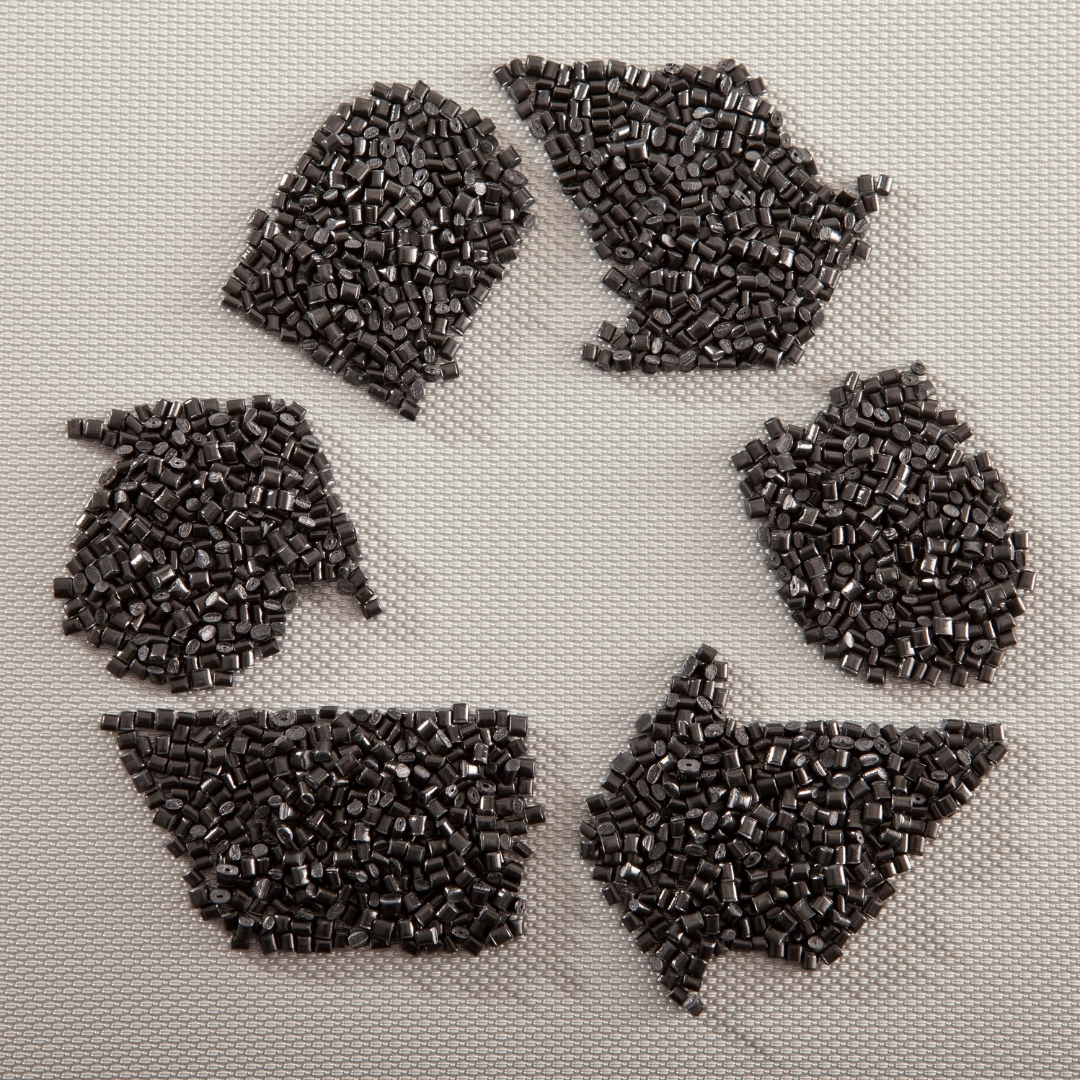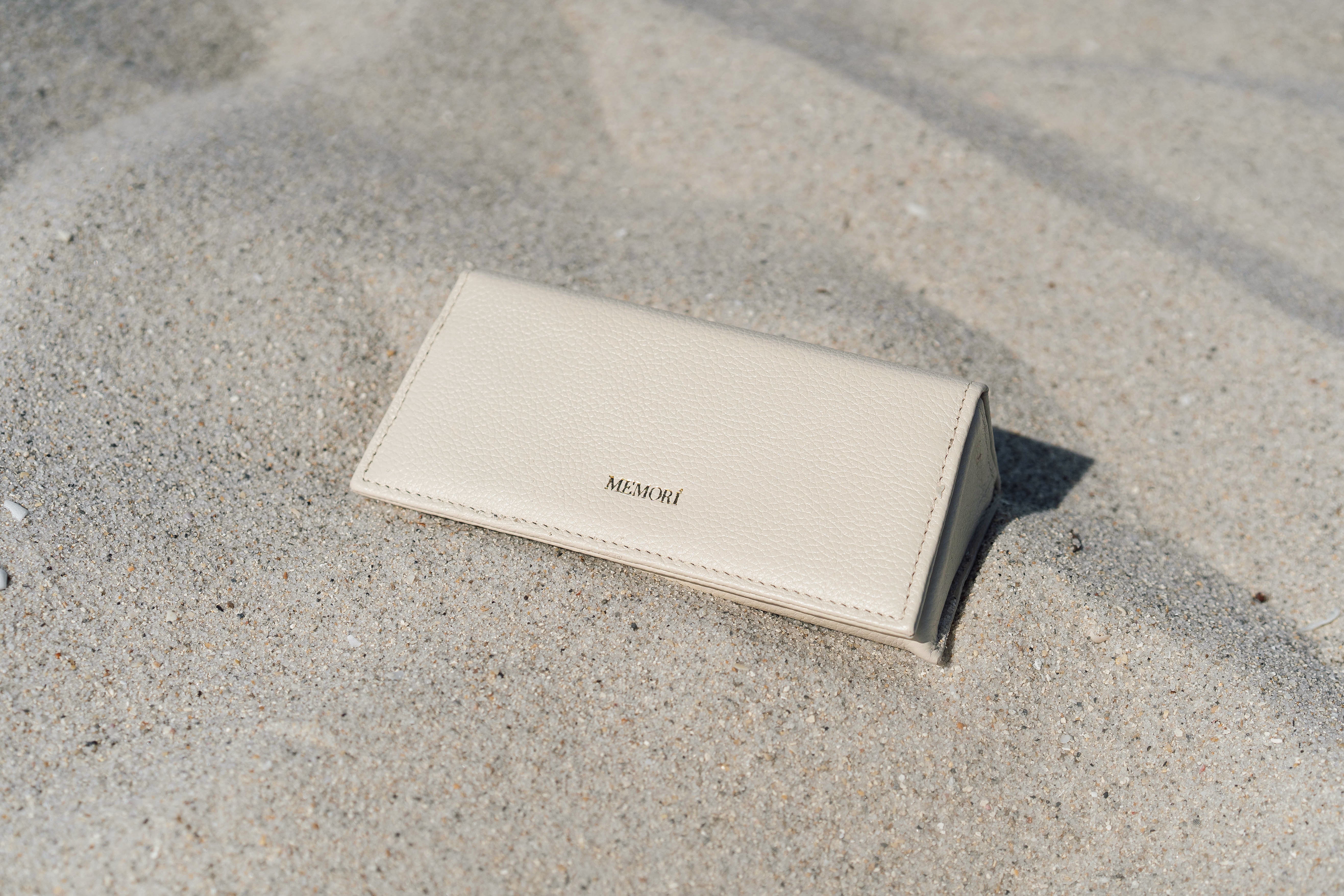In the past decade, the eyewear industry has undergone a remarkable transformation in terms of sustainability, embracing innovative practices and materials that have paved the way for a more eco-friendly future. As consumers increasingly demand products that align with their values, luxury eyewear brands have stepped up their game to make significant improvements in sustainability. Let's explore how sustainability in the eyewear industry has evolved over the last 10 years and how consumers can actively support these efforts.
1. The Rise of Environmentally-Friendly Materials:
One of the most notable shifts in the eyewear industry's sustainability journey is the emphasis on materials. Luxury eyewear brands have moved away from conventional plastics towards more eco-friendly alternatives. Cellulose acetate, a material derived from natural sources such as wood pulp and cotton fibers, has gained prominence. Unlike cheaper counterparts, cellulose acetate is biodegradable, reducing the long-term environmental impact of eyewear waste.

2. The Allure of Wooden Frames:
While cellulose acetate is environmentally friendly, wood stands out as one of the most sustainable materials in eyewear production. Many brands are crafting eyewear frames from sustainably sourced wood, offering a unique blend of elegance and eco-friendliness. Wooden frames not only reduce the reliance on plastic-based materials but also offer a natural aesthetic that appeals to environmentally-conscious consumers.

3. Recognizing Brands Committed to Sustainability:
Identifying eyewear brands that prioritize sustainability requires a bit of research. Look for certain indicators that suggest a commitment to eco-friendliness. First, check if the brand discloses information about their materials and production processes. Transparent communication about sourcing, manufacturing, and recycling practices is a positive sign. Additionally, certifications such as B Corp or membership in sustainable industry associations can indicate a brand's dedication to minimizing their environmental footprint.
4. Quality Over Quantity:
Perhaps the most significant change consumers can make to support sustainability in the eyewear industry is to adopt a "less is more" approach. While the market may be flooded with trendy and cheap eyewear options, investing in a high-quality pair of glasses can be a game-changer. These well-crafted frames are designed to last longer, reducing the need for frequent replacements. The longevity of a quality pair of eyewear significantly reduces waste and contributes to a more sustainable consumption pattern.
5. Caring for Your Eyewear:
Investing in luxury eyewear also means taking the responsibility to care for them meticulously. Simple steps such as keeping them in a protective case when not in use, using a microfiber cloth for cleaning, and avoiding harsh chemicals can extend the life of your eyewear. By extending the lifespan of your frames, you contribute to a decrease in demand for new products and further reduce your overall environmental impact.

6. The Power of Conscious Consumerism:
Sustainability in the eyewear industry is not just a passing trend; it's a vital step towards a greener future. As consumers, our choices send a strong message to brands about our priorities. By opting for eco-friendly materials, supporting brands with sustainable practices, and making informed purchasing decisions, we drive positive change within the industry. Moreover, embracing a mindset of mindful consumption aligns with the overarching goal of minimizing our ecological footprint.
In conclusion, the last decade has witnessed a remarkable transformation within the eyewear industry towards sustainability. Luxury eyewear brands have shifted towards environmentally-friendly materials like cellulose acetate and sustainable wood, reflecting the growing demand for eco-conscious products. Recognizing brands committed to sustainability and investing in high-quality eyewear are steps that conscientious consumers can take to support these positive changes. Ultimately, the most sustainable choice lies in consuming less and investing in products that are built to last – a choice that has a far-reaching impact on both the industry and the planet we call home.
SHOP:
Memorí cellulose acetate sunglasses:








Leave a comment